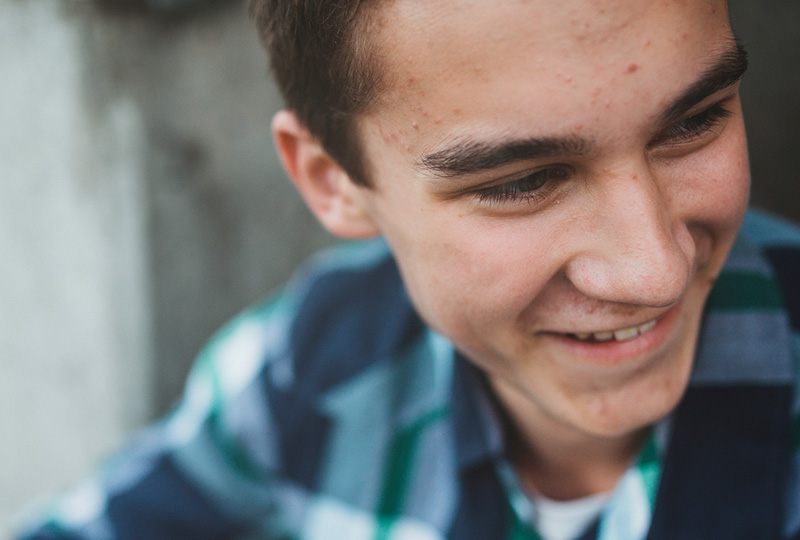Doctors can help set the record straight about the misinformation on acne.
Acne is a common skin condition that affects 80-90 percent of teens at some point in their teenage or preteen years. Nevertheless, many teens and their parents don’t realize that their doctors can be a great treatment resource.
Doctors know acne can be bothersome even if other people think it’s not that bad. Doctors can also set the record straight, as a lot of misinformation about acne is out there.
Acne is caused by clogged pores, also known as follicles. These follicles become clogged by dead skin cells and oil (sebum). The increase in hormones that happens during puberty boosts oil production, which clogs pores, worsening acne. Bacteria can also play a role in worsening acne by causing inflammation.
Teens can experience different kinds of acne:
Whiteheads are follicles filled with skin and oil.
Blackheads occur when the pore opens up and the dead skin/sebum is exposed to air. Blackheads aren’t dirt, so washing your face more will not make them go away.
Pimples occur when the clogged pore becomes infected with bacteria and cysts occur when the clogged pores open up under the skin. Cysts can be very painful and often cause scarring.
Some people find that certain foods make their acne worse. Research on this topic is inconclusive, but if a particular food worsens your acne, avoid it.
These things will make acne worse:
- Picking or squeezing pimples;
- Lotions, make-up or sunscreens that clog pores;
- Stress.
Stress can increase the hormones that increase oil. Girls’ acne often gets worse around their periods due to changes in their hormones.
Try these tips to manage acne:
- Use an acne face wash that contains salicylic acid or benzoyl peroxide, which can help unclog pores. Faces shouldn’t be washed more than twice a day; washing too often can actually increase oil production. Acne isn’t dirt, so using products like harsh scrubs can actually irritate your face more and worsen your acne.
- Use make up and sunscreen that is oil-free and “non-comedogenic.” This means it’s less likely to clog your pores.
- Only use face lotion or face soap designed for the face. Products like scented body lotions are likely to clog pores.
- Be careful of hair products that clog pores on the face.
- Always wash your hands before touching your face.
Topical acne medicines work slowly, so be patient. Sometimes they can make the skin red or dry during treatment. If you or your teen don’t think the treatment is helping, talk with your doctor. He or she may be able to prescribe other topical or oral medicines to help unclog your pores.
For some female patients, medications like oral contraceptive pills can also improve acne by regulating the hormones that worsen acne.
If these routes are not helpful, you and your doctor may decide it’s time to see a specialist like a dermatologist to discuss other treatment options.
Mary Romano, M.D., specializes in adolescent medicine at Monroe Carell Jr. Children’s Hospital at Vanderbilt. A mother of two, Romano loves taking care of adolescent patients and working with adolescents and their parents to keep them safe and healthy.
Have you or your teen dealt with acne? What tips or stories can you share? Leave a reply below.

